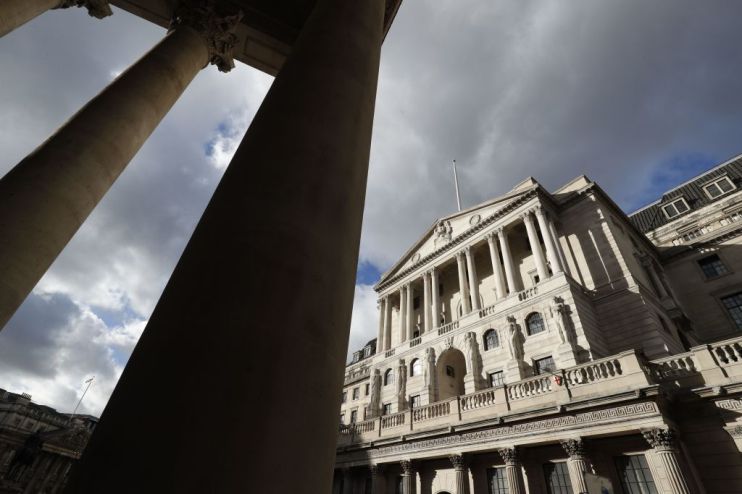Why a Bank of England interest rate cut looks increasingly likely

Just a week ago, investors rated the chances that the Bank of England would cut interest rates at about five per cent.
Today, they think there is a 60 per cent chance that the main rate will be lowered from 0.75 per cent, according to CME Group’s tool which analyses futures prices.
So what has suddenly made investors change their minds?
The answer is two-fold: a raft of weak economic data and a number of comments from BoE policymakers that suggest lower rates could be on the horizon.
Official data today showed that inflation dropped to a three-year low in December, driven in part by hotels lowering prices over the holiday period.
Headline inflation fell to 1.3 per cent last month, well below the Bank’s target of two per cent, the Office for National Statistics said earlier today.
The weak reading came just two days after the UK economy was shown to have unexpectedly shrunk in November, dragged down by the political uncertainty thrown up by Brexit and the run-up to the General Election.
On top of this underwhelming data, BoE rate-setters have sounded dovish following their Christmas breaks, using speeches and interviews to caution that a rate cut may be needed if the economy does not pick up.
Today, external MPC member Michael Saunders – one of two policymakers to vote for a cut at the last meeting – warned the UK could be stuck with low inflation if action is not taken.
“If we defer easing near-term and, in the event of persistent economic weakness, face the need for greater easing later on, then risks of a low-inflation trap… would rise,” he said.
At the weekend, fellow external member Gertjan Vlieghe told the Financial Times that if data does not improve, he would seriously consider voting for a rate cut.
Another MPC member, Silvana Tenreyro, made a dovish speech last week, and even outgoing governor Mark Carney has raised the prospect of lower rates.
Taken together, the data and interventions have awoken investors to the heightened chances of a cut.
However, some analysts think the UK is about to see an economic bounce following the emphatic victory of Boris Johnson in the mid-December General Election.
Companies can now be certain the UK is leaving the EU at the end of the month. Confidence has risen in a number of recent surveys.
“The focus should be on what happened after the General Election,” said Marchel Alexandrovich, a senior economist at investment bank Jefferies. This will become more clear when survey data is released towards the end of January.
Samuel Tombs, chief UK economist at consultancy Pantheon Macroeconomics, said: “The latest GDP data are nowhere near as horrendous as they appear initially.”
He said he expects the survey data to pick up and the MPC to “keep its powder dry” at its 30 January meeting. Yet as CME’s BoE-watch tool shows, the majority of investors disagree.